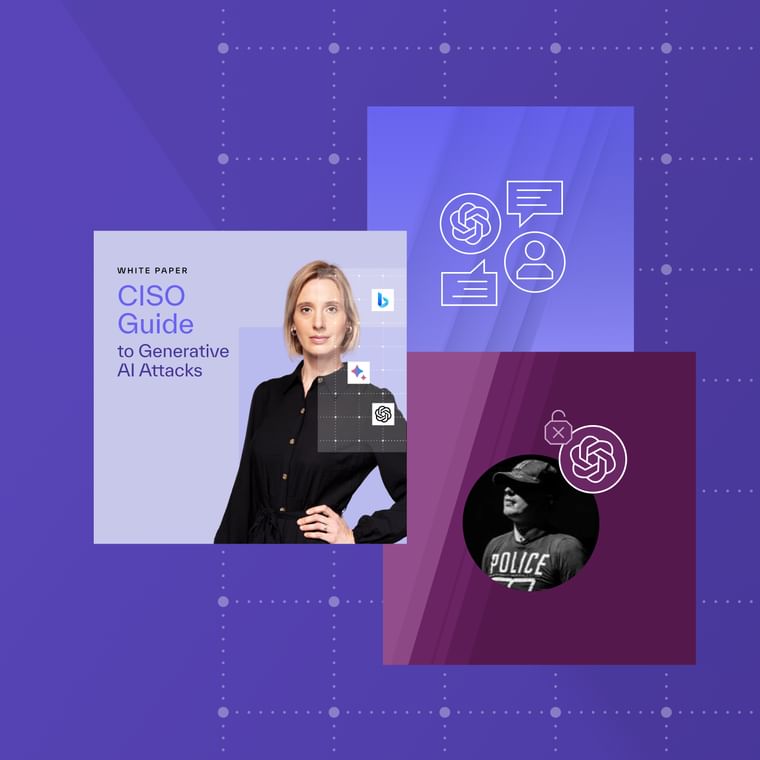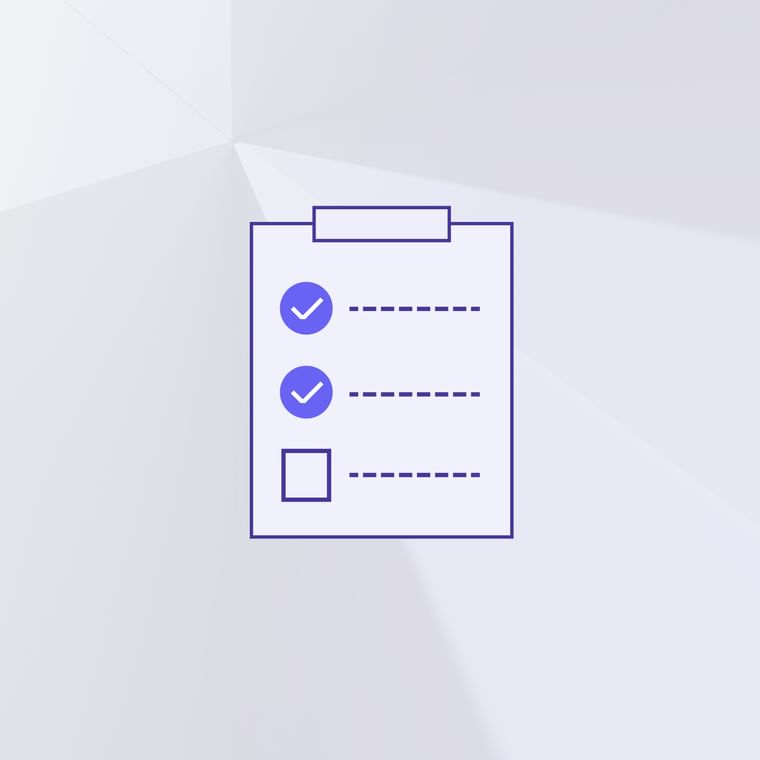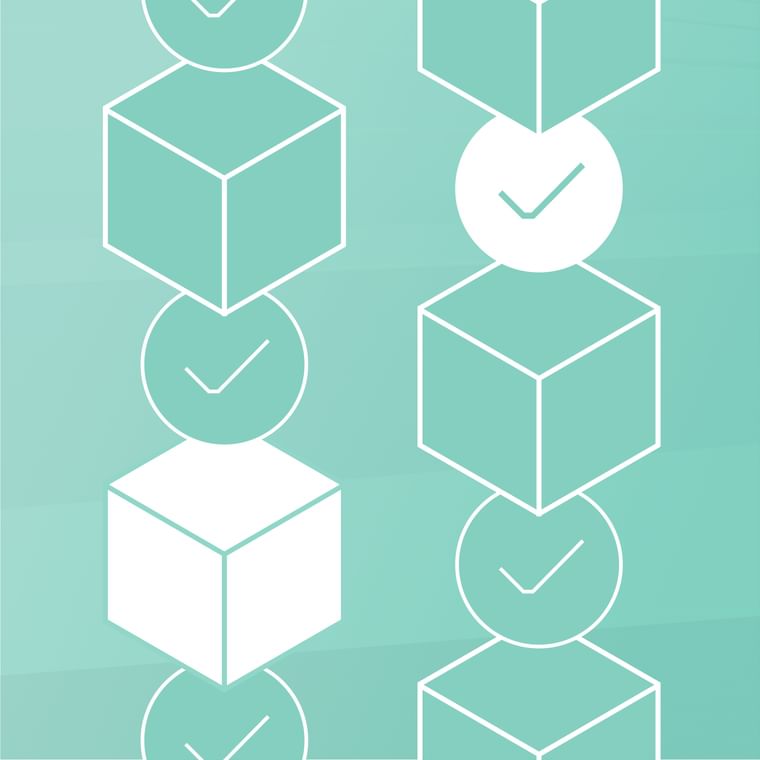What Is Cloud Email? How It Works, How It Differs From On-Premises, and Why It’s Appealing
Cloud-based email is an email delivery and storage method hosted and maintained by an outside provider. It allows organizations and users to securely send, receive, and store emails. This is unlike on-premise email hosting which is physically housed and maintained internally within an organization's servers and IT environment.
In recent years, there is a trend of employees working from anywhere on any device. By adopting cloud-based email services, organizations make it easier to work remotely and scale their operations.
But cloud infrastructure still has its challenges in protecting data. Criminals have adapted to technology and increasingly focus on socially engineered email scams to infiltrate a network. Employees are often the most vulnerable layer of email security since sophisticated social engineering threats exploit trusted relationships to trick employees.
Let's review why organizations host email in a cloud environment, how it works, and what can be done to enhance cloud-based email security to protect employees from targeted email attacks.
How Cloud Email Works
The quick answer: cloud email providers send and receive emails through remote cloud-based servers. While the delivery and storage mechanisms differ from a hardware-based email server, the act of sending and receiving emails remains the same whether it’s cloud-based or not.
On-Premises vs. Cloud Email
Organizations have two primary options to host their email servers: on-prem or cloud.
On-prem is the more traditional option, where emails are sent, received, and archived on physical servers in an on-premises location. These servers are usually owned and managed by the domain owner.
With cloud email, you don’t own or maintain the servers. You essentially lease the server space from a third-party cloud email provider. It’s appealing to organizations because it’s generally cheaper to use, scalable, easier to maintain, and provides flexible accessibility. Organizations have multiple cloud-based options when selecting an email hosting service.
Small and medium-sized companies often rely on cloud email from providers like Google and Microsoft. These mailboxes are hosted on external servers belonging to the providers–Google and Microsoft, in this case. All incoming and outgoing emails pass through the provider’s servers.
Larger companies or organizations with considerable security concerns (government agencies, for example) often prefer an internal server rather than an external server maintained by an outside service. This internal server may be on-premises hardware or cloud-based.
Why Should Organizations Use Cloud Email?
Cloud email is maintained by a third-party provider which means it handles the security, maintenance, and technology of the servers. This is beneficial to many organizations, especially those with fewer resources to implement and maintain their own servers. Our email security survey found that 93% of organizations are planning to or are already using a cloud email solution.
Here are some of the benefits of working with a cloud-based email provider over hosting an on-premise solution:
Cost savings: Since there is no need to use an IT team to set up, maintain, and use email servers, using cloud email usually results in cost savings for organizations.
Remote access: Cloud email provides remote access to data from any device as long as there is an Internet connection. This provides a huge convenience for employees.
Scalability: As an organization grows, a cloud email service can adjust to your organization's needs with ease. The same can't be said for on-premise email servers.
Uptime improvement: When a cloud server goes down, another server will keep the system running. Ultimately this leads to less downtime and keeps emails running smoothly.
Less maintenance: Cloud-based email is simpler to run. An organization will no longer have to stress about maintenance issues or keep the system updated since the cloud host takes care of it. Security and IT teams can focus on other things.
Built-in security: Cloud-based email providers often have more resources to ensure servers are updated and secure. They also have native email security features to protect against well-known threats like malware, phishing, and spam emails.
How Can Organizations Keep Cloud-Based Email Secure?
Cloud security and email security are increasingly used synonymously together. Cloud-based email services have strong built-in security features, but they can miss modern email scams that utilize social engineering.
Traditional email security solutions use rule and policy-based approaches to zero in on known-bad indicators. This can detect obvious attacks like spam and malicious attachments. But the biggest email threat to organizations is socially-engineered attacks like phishing and business email compromise. These can evade built-in cloud email security and secure email gateways (SEGs).
An API-enabled, cloud-integrated email security solution can supplement native security to block evasive social engineering attacks. An integration allows an organization to keep all the benefits of cloud email while still implementing a strong email security system. Integrated cloud email security (ICES) can help simplify the email security stack by replacing a secure email gateway or supplementing native cloud email security.
ICES integrates with cloud security services within providers like Google Workspace or Microsoft 365. ICES uses AI-powered behavioral analysis to spot socially-engineered attacks. By creating a normal behavior baseline for internal employees and external vendors, ICES can notice unusual activities like changes in tone, financial requests, logging in from a new location, and more. These behavior changes can point out threats like:
Credential phishing
Business email compromise
Invoice and payment fraud
Supply chain compromise
Cloud account takeover
Malware and ransomware
Spam and graymail
Ready to enhance your cloud-based email security and protect your organization from socially engineered email threats? Get a demo to see how Abnormal Security stops modern email attacks.





